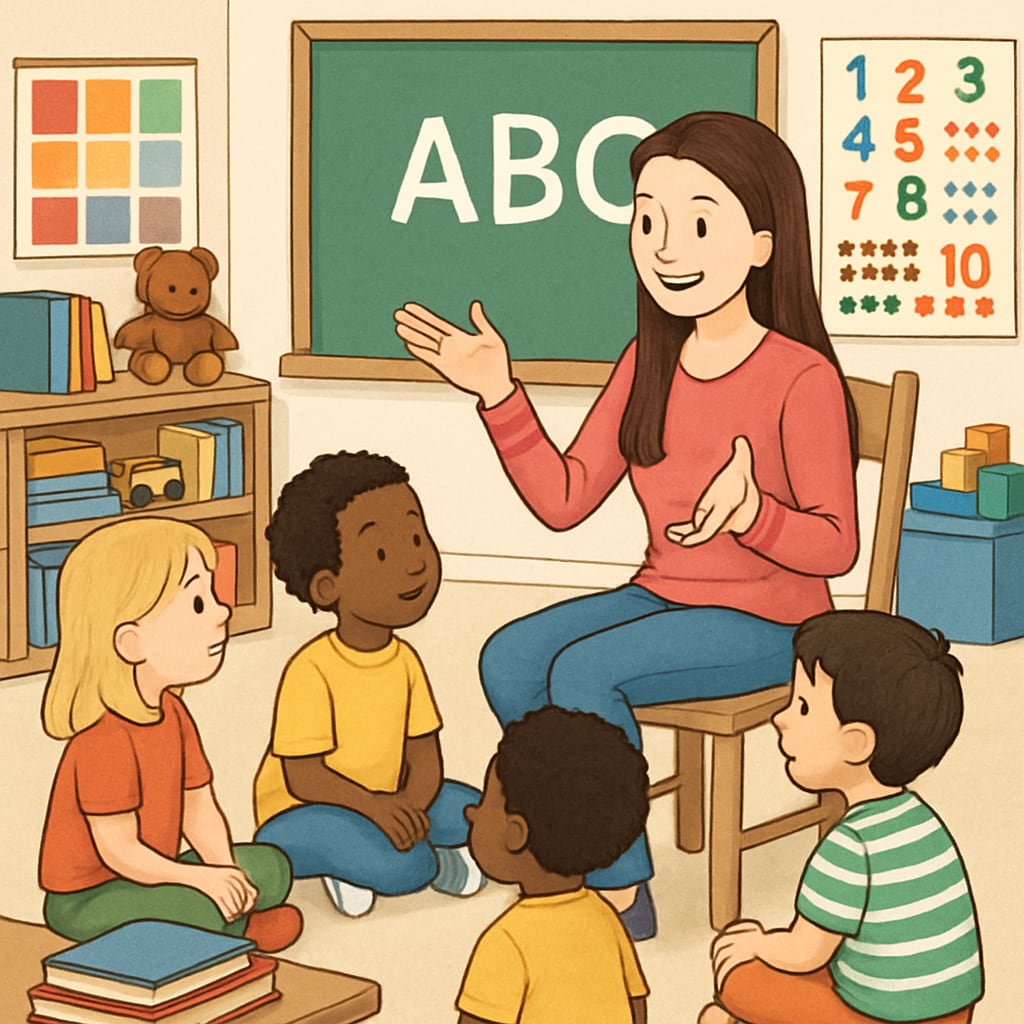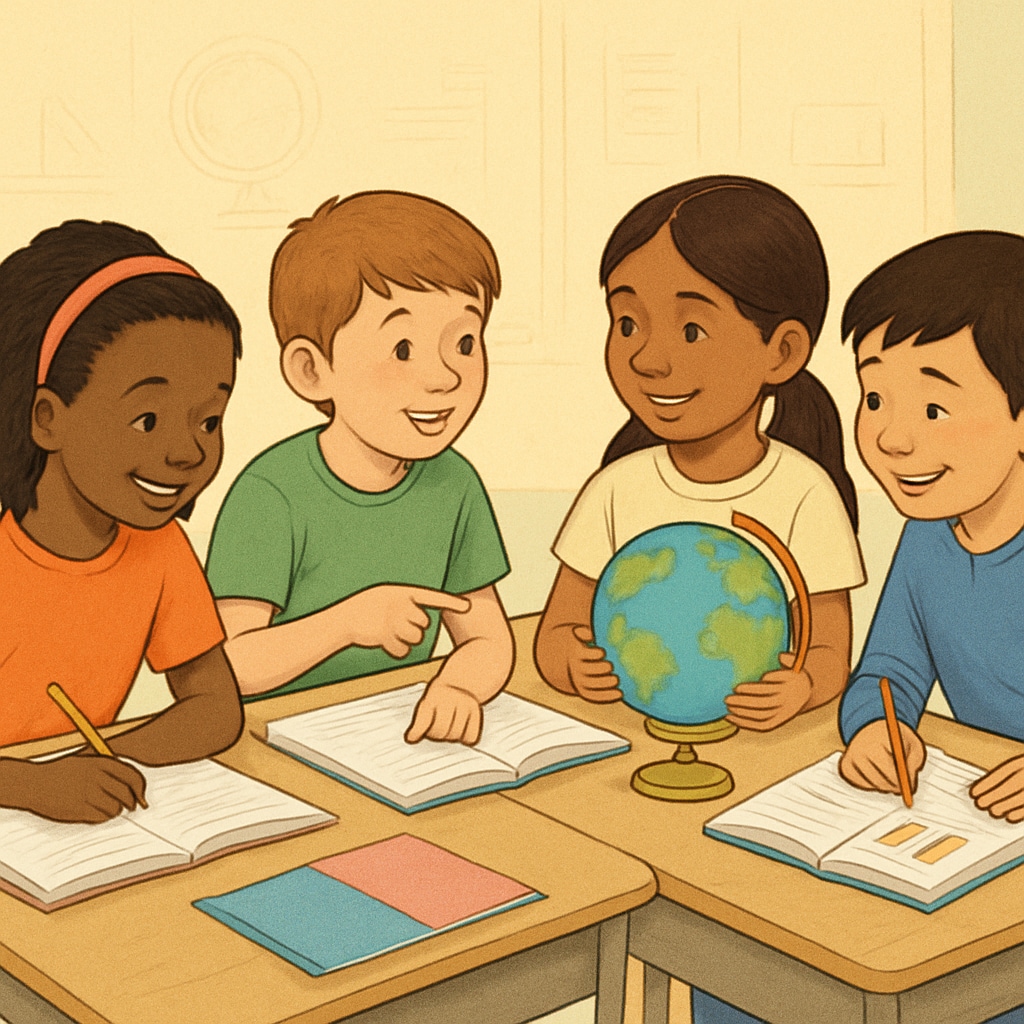Ms Rachel, a globally celebrated figure in children’s education, has made remarkable strides in early childhood learning. Her engaging teaching methods have captivated young audiences and parents alike. However, her humanitarian focus has attracted criticism for its limited scope, as it primarily addresses the plight of children affected by Middle East conflicts. This article takes a balanced look at Ms Rachel’s contributions to education and examines the perceived limitations of her humanitarian efforts.
Ms Rachel’s Contributions to Children’s Education
Ms Rachel’s impact on early childhood education is nothing short of transformative. Using interactive and inclusive methods, she has created educational content that fosters cognitive development in children aged 0 to 5. Her programming emphasizes language acquisition, emotional intelligence, and social skills, which are critical during the formative years of a child’s life.
For instance, her use of songs, stories, and visual aids has proven effective in engaging children with diverse learning styles. Parents have consistently praised her for creating a safe, nurturing learning environment that encourages curiosity and joy in learning. As a result, Ms Rachel has become a trusted name in early education, reaching millions of households globally through online platforms.

Examining the Humanitarian Scope of Ms Rachel
While Ms Rachel’s educational initiatives are undeniably impactful, her humanitarian focus has been called into question. Critics argue that her advocacy efforts are disproportionately centered on the Middle East, overlooking crises affecting children in other regions, such as Sub-Saharan Africa, South Asia, and Latin America. For example, millions of children worldwide face challenges like food insecurity, lack of access to quality education, and displacement due to war or natural disasters.
This narrow focus raises important questions about the role of influential figures in addressing global humanitarian issues. Should individuals like Ms Rachel broaden their efforts to ensure a more equitable representation of global crises? While her work for Middle Eastern children is commendable, a more diversified approach could amplify her impact on a global scale.

Balancing Educational Contributions with Broader Humanitarian Impact
To broaden her influence, Ms Rachel could consider expanding her advocacy to include underrepresented regions. This could involve partnering with international organizations that address global child welfare issues or creating content that highlights the unique challenges faced by children in various parts of the world.
Additionally, Ms Rachel’s platform could serve as a powerful vehicle for raising awareness and driving support for global initiatives. By leveraging her educational content to discuss universal themes such as empathy, resilience, and cultural understanding, she could inspire her audience to take action beyond their immediate communities.
Conclusion: A Call for Comprehensive Humanitarian Outreach
Ms Rachel’s achievements in early childhood education are unparalleled, and her dedication to improving the lives of children is evident. However, expanding her humanitarian vision could significantly enhance her legacy. By addressing the needs of children in diverse regions, Ms Rachel has the potential to foster a more inclusive and impactful global movement. As her influence grows, so does the opportunity to bring attention to the universal rights of children everywhere.
In conclusion, while Ms Rachel’s work in education is a shining example of what one individual can achieve, a broader humanitarian focus could elevate her contributions from exceptional to truly transformative.
Readability guidance: This article uses concise language, clear transitions, and structured paragraphs to ensure accessibility for a wide audience. Key points are summarized in lists and supported by examples, maintaining a balance between critique and commendation.


